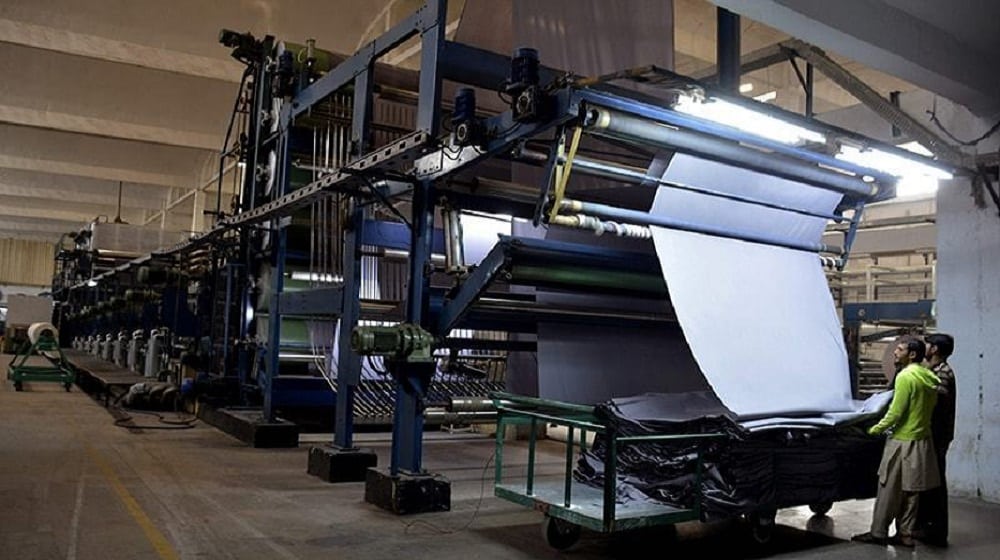The Large Scale Manufacturing Industries (LSMI) output decreased by 11.59 percent for February 2023 compared with February 2022, says the Pakistan Bureau of Statistics.
The country’s manufacturing sector has been struggling for months as raw material supplies have dried up due to import restrictions, the problem has been exacerbated due to steep currency devaluation and the overall slowdown of the country’s economy.
According to the provisional Quantum Index numbers (QIM) of the Large Scale Manufacturing Industries, the LSMI output declined by 5.56 percent during the first eight months (July-February) of the current fiscal year (FY23) compared with the same period of last year.
The LSMI Quantum Index Number (QIM) was estimated for July-February, 2022-23 at 116.64, while it was estimated for February 2023 at 126.13.
The provisional quantum indices of Large Scale Manufacturing Industries (LSMI) for February 2023 with the base year 2015-16 have been developed on the basis of the latest data supplied by the source agencies i.e. OCAC, Ministry of Industries and Production, Ministry of Commerce and Provincial Bureaux of Statistics (BoS).
The LSM data released by the PBS with the base year 2015-16 showed that the main contributors towards the overall growth of -5.56 percent are, food (-0.35), tobacco (-0.50), textile (-2.82) garments (3.21), petroleum products (-0.64), cement (-0.77), pharmaceuticals (-1.25), and automobiles (-1.68).
The production in July-February 2022-23 as compared to July-February 2021-22 has increased in wearing apparel, furniture, and other manufacturing (football) while it decreased in food, tobacco, textile, coke & petroleum products, pharmaceuticals, chemicals, non-metallic mineral products, machinery and equipment, automobiles and other transport equipment.
The sectors showing growth during July-February include wearing apparel (35.53 percent), leather products (3.85), furniture (58.45 percent), and other manufacturing (football) (35.81 percent).
The sectors showing decline during the July-February include food (1.95 percent), beverages (6.14 percent), tobacco (20.42 percent), textile (14.03 percent), wood products (68.65 percent), paper and board (3.370 percent), coke and petroleum products (9.43 percent), chemicals (4.84 percent), chemicals products (0.53 percent increased), fertilizers (7.77 percent), pharmaceuticals (22.41 percent), rubber products (7.32 percent), non-metallic mineral products (9.08 percent), iron and steel products (3.89 percent), fabricated metal (12.79 percent), computer, electronics, and optical products (25.07 percent), electrical equipment (9.35 percent), machinery and equipment (48.98 percent), automobiles (38.59 percent), other transport equipment (37.73 percent).

Follow ProPakistani on Google News & scroll through your favourite content faster!
Support independent journalism
If you want to join us in our mission to share independent, global journalism to the world, we’d love to have you on our side. If you can, please support us on a monthly basis. It takes less than a minute to set up, and you can rest assured that you’re making a big impact every single month in support of open, independent journalism. Thank you.

























